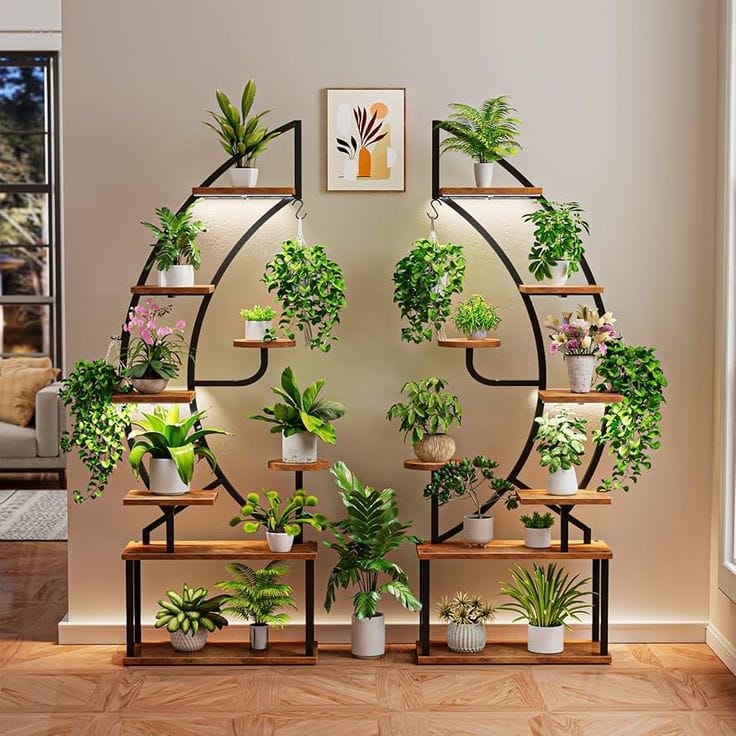Using adjectives and adverbs(part 1 )

Some words, such as only, long and alike, can be used as adjectives or adverbs depending on their context and the words which follow them.
Some adjectives follow specific patterns, such as afraid+ of + noun, or the same + as + noun.
Some adverbs, such as too, can change their meaning depending on their position in a sentence:
The water was too cold to swim in.
I’d like to go too.
learn more about using these adjectives and adverbs.👇🏾👇🏾👇🏾
Afraid
Alike
Hard
Long
Only
Same
Similar
Identical
Likely
And
Unlikely
As well (as)
Even
Hardly
Hopefully
Surely
Too
Ultimately
Afraid meaning ‘feeling fear’
Afraid as an adjective means ‘feeling fear’. We use it with of + noun, of + -ing form, a to-infinitive or a that-clause:
Are you afraid of the dark? (of + noun)
She seemed afraid of walking home alone. (of + -ing form)
If you don’t understand, don’t be afraid to ask.(to-infinitive)
They looked afraid that we might get lost in the city centre. (that-clause)
Warning:
We only use afraid after a verb such as be, seem, become, not before a noun (predicatively):
Her mother is very ill and afraid.
Not:Her afraid mother
Afraid: softening
We also use to be afraid in phrases such as afraid that, afraid to say, afraid not and afraid so when we want to soften statements to avoid saying something too directly. We often use these expressions to respond to bad news, or when we are sorry about something. Be afraid not and be afraid so are only used as responses:
I’m afraid that we can’t agree to your proposal.
A:
Is it right that she has resigned?B:
We’re afraid to say she has.
A:
Did your team win?B:
I’m afraid not.
A:
Is the shop closed?B:
I’m afraid so.
Alike as an adjective
Alike as an adjective means ‘the same’ or ‘similar’:
They are not sisters but their clothes are alike, aren’t they?
All the shops are alike, and it’s hard to find something different.
Warning:
As an adjective, alike is only used after a verb such as be, seem, look, but not before a noun (predicatively):
The two women, who looked alike, sat silently in the corner.
Not:The two alike women sat silently…
Alike as an adverb
As an adverb alike means ‘in the same way’:
I don’t think you treat both children alike.
Warning:
Alike is not used as a preposition. Like is used instead:
She’s just like her mother.
Not:She’s just alike her mother.
Hard
Hard is both an adjective and an adverb. When it is an adverb, it means ‘needing or using a lot of physical or mental effort’. It goes after the main verb:
I studied hard for my exams but didn’t do very well.
We have worked hard all day.
The comparative and superlative forms are harder and hardest:
He didn’t get into the team this year. He’ll just have to try harder next time.
Not:He’ll just have to try more hard next time.
Right, children, who has worked hardest today?
Warning:
Don’t confuse hard with hardly. Hardly usually means ‘only just’ or ‘almost not’:
Every day I ran a lot and worked hard so that I would be prepared for the game.
Not:Every day I ran a lot and worked hardly.
Hardly
Hardly is an adverb.
Hardly has a negative meaning. It normally means ‘almost not at all’ or ‘only just’. We can use it in mid position, or before an adjective or a noun:
He wore a big hat that covered his head and you could hardly see his face. (you could only see a small part of his face)
It’s hardly surprising that Leeds, England’s third largest city, is now fast becoming a very popular UK holiday destination.
At first hardly a person in the audience moved, although some umbrellas were opened. But then the rain came down more heavily.
Hardly any, hardly ever
We often use hardly before any, anyone, anybody, anything and ever in negative clauses, but not before no, none, no one, nobody, nothing or never:
At first, hardly anyone came. (almost no one came)
Not:At first hardly no one came.
There was hardly anything to eat.
She lives in Scotland so we hardly ever see her now, but I like to keep in touch.
Hardly at all
We sometimes use at all after the verb, adjective or noun which follows hardly to give greater emphasis:
I hardly slept at all last night.
Hardly and very little, very few
Hardly + any(thing) has a similar meaning to very littleor very few:
I hardly ate anything yesterday. (= I ate very little yesterday.)
She hardly buys any new clothes at all. (= She buys very few new clothes.)
Word order
We usually put hardly in mid position, between the subject and the main verb, or after the modal verb or first auxiliary verb, or after main verb be:
My piano lesson is on Monday, and I’ve hardlyplayed it this week.
I can hardly wait.
There were hardly any tourists.
When hardly is modifying either the main verb or the following noun, we can put it directly before the verb or before the noun phrase:
She hardly had any sleep. or She had hardly any sleep.
In more formal styles, to refer to something happening immediately after something else, we use hardly … when. We move hardly to front position and invert the subject and verb:
Hardly [V]had [S]I arrived there when I was called back to the head office 100 miles away. (I arrived there and then I was immediately called back.)
Warning:
Hardly is not the adverb form of the adjective hard. The adverb form of hard is also hard.
